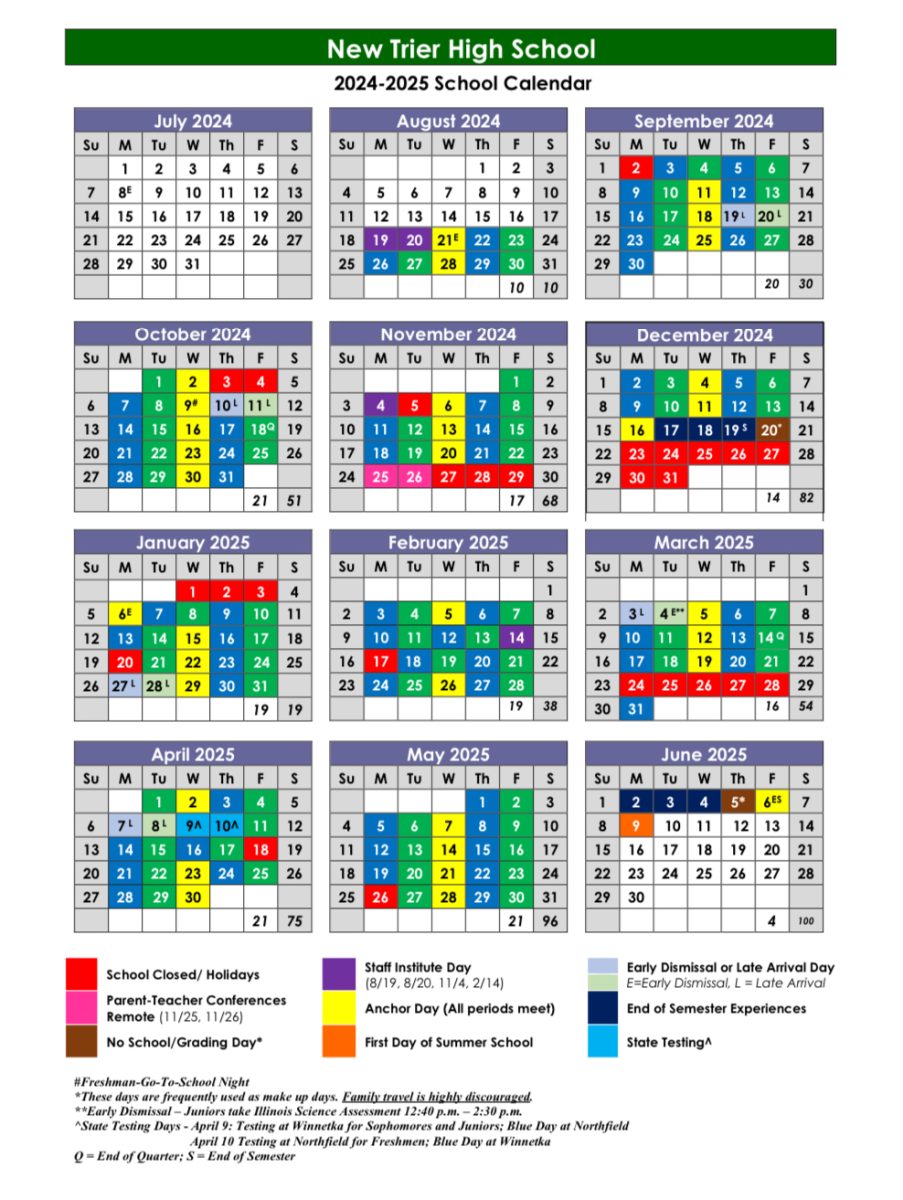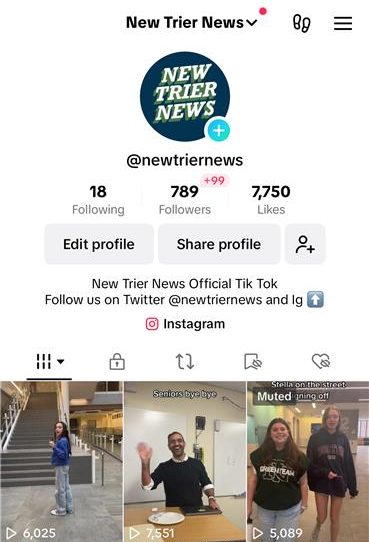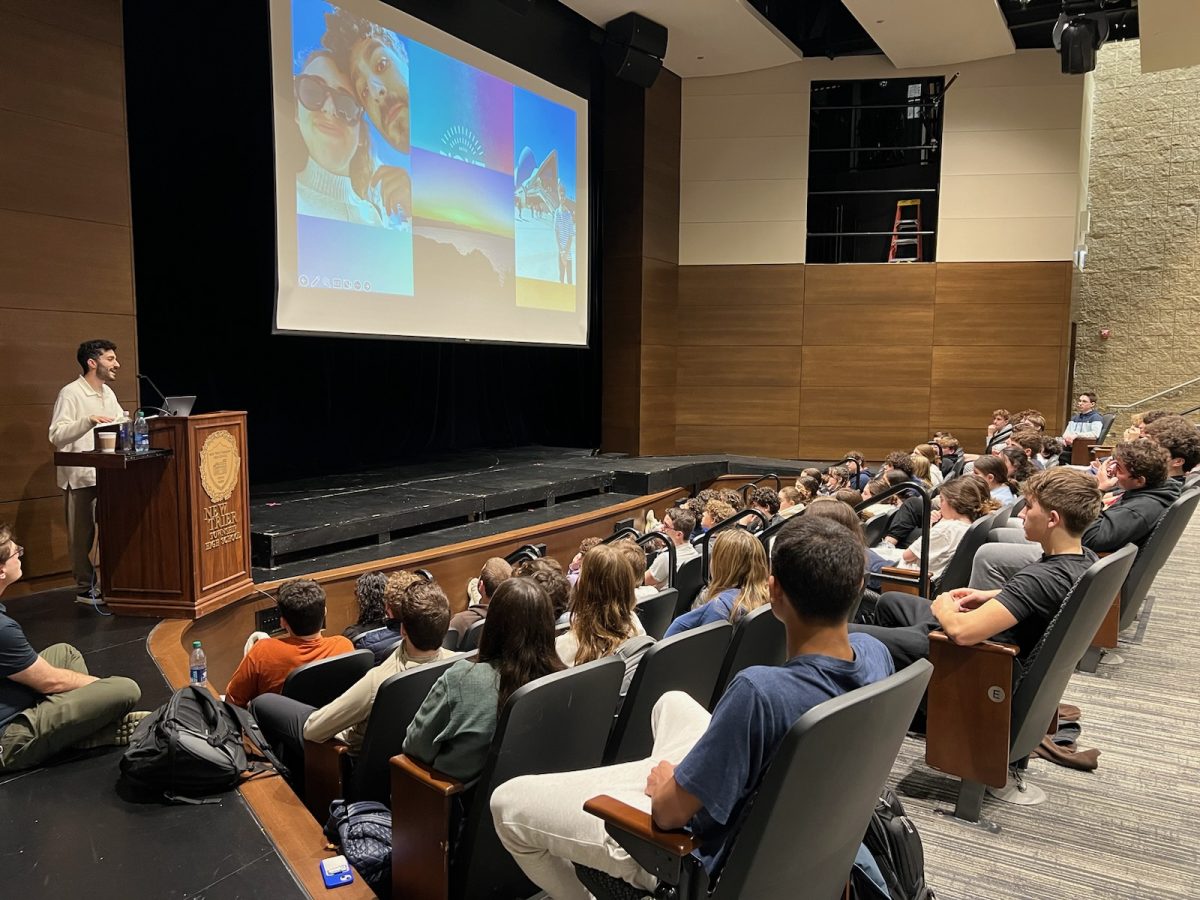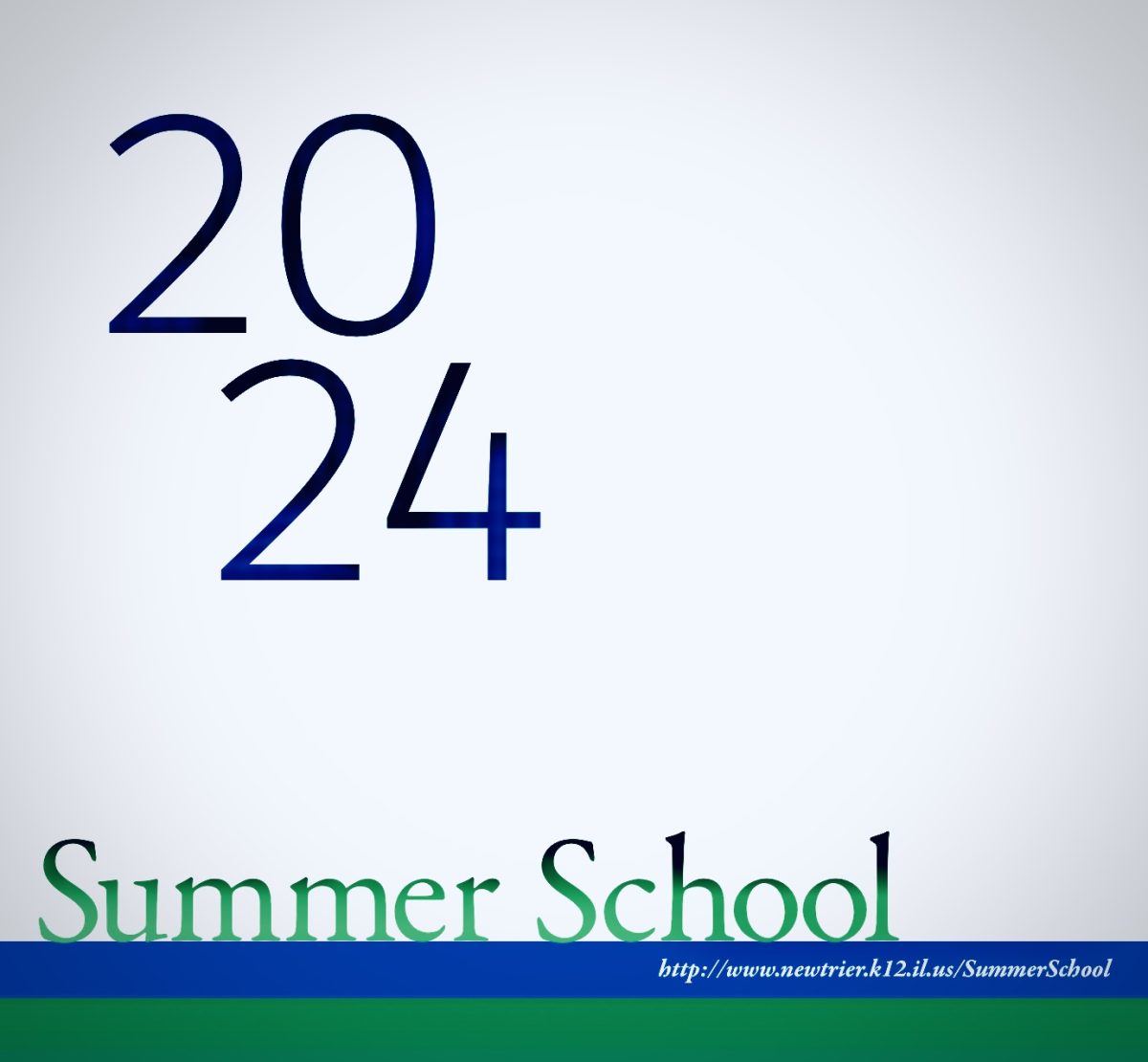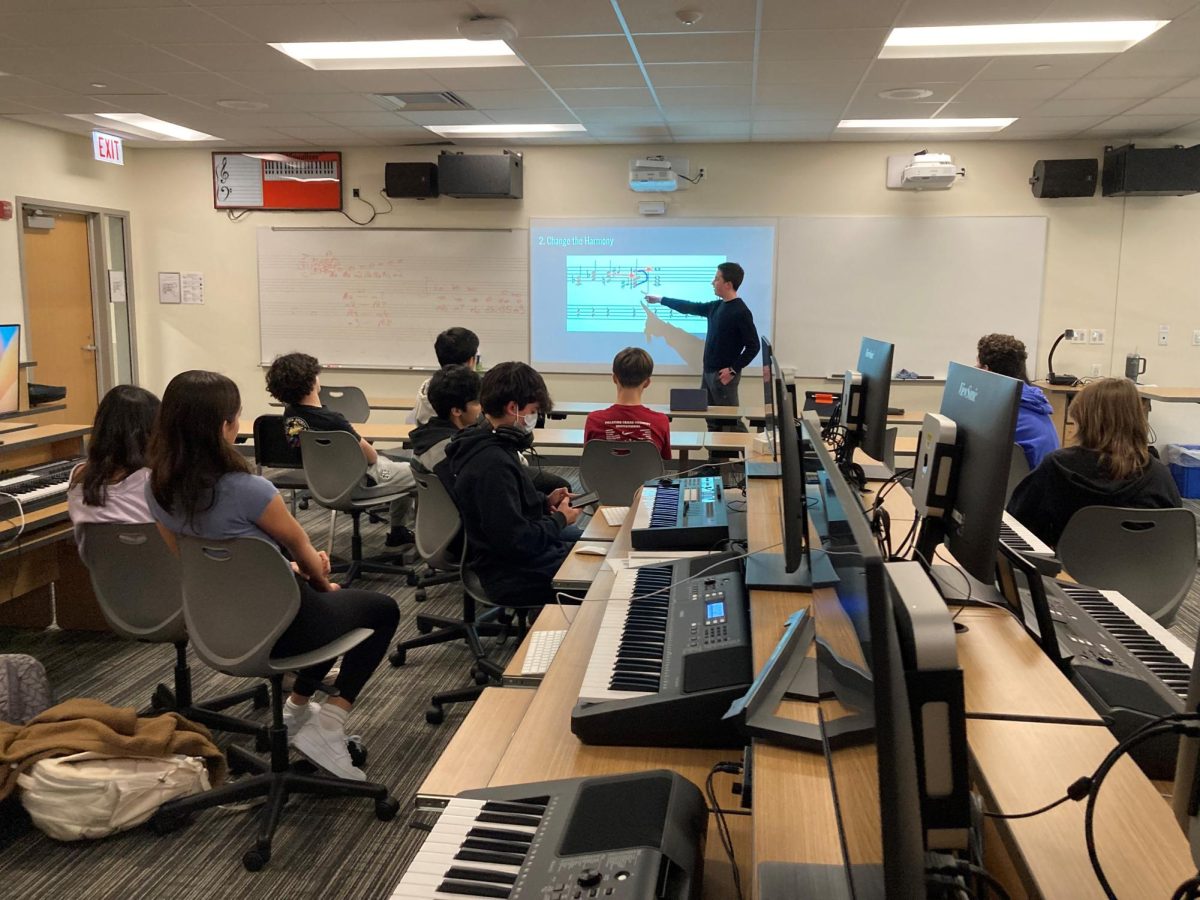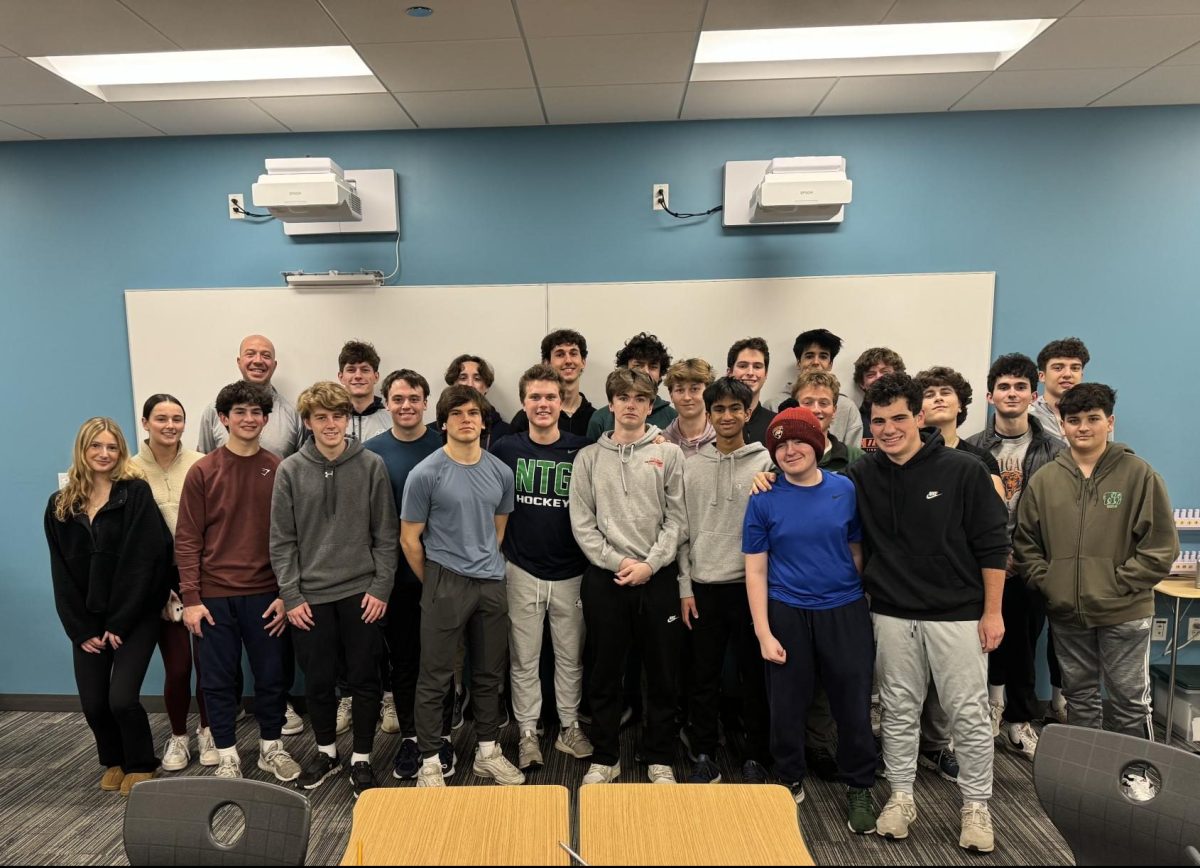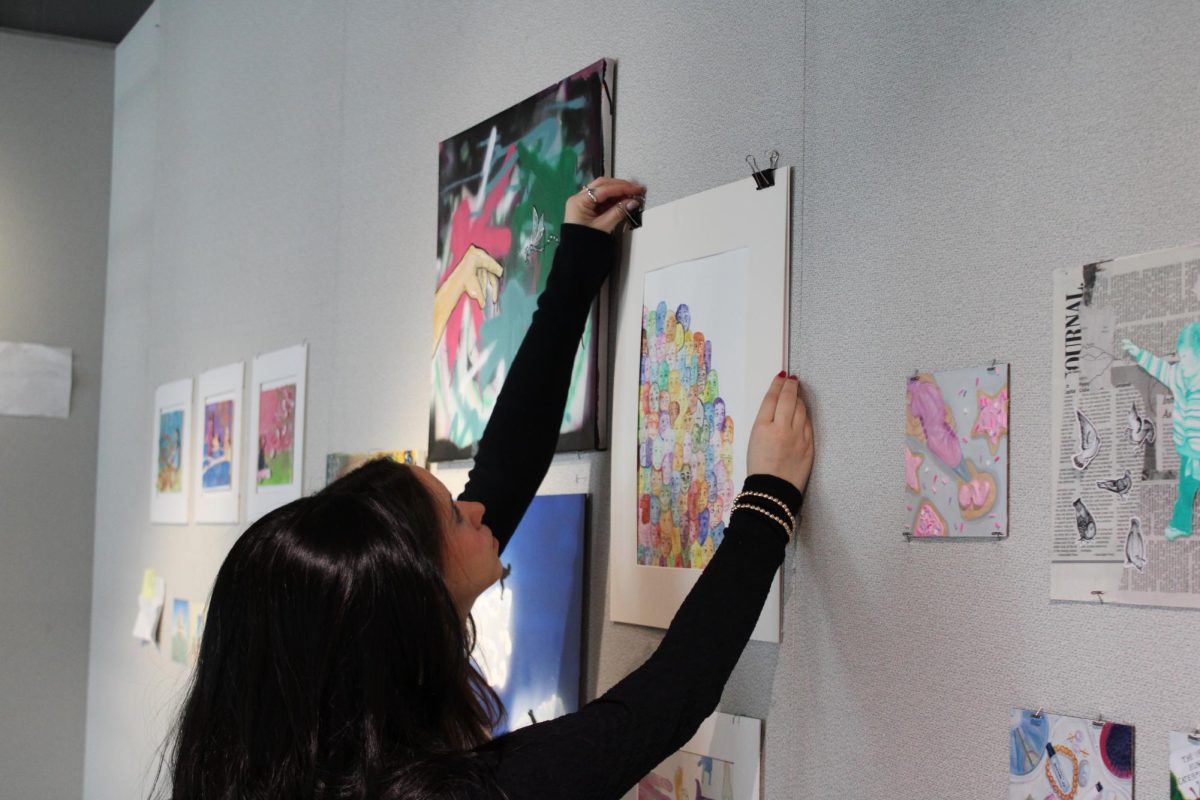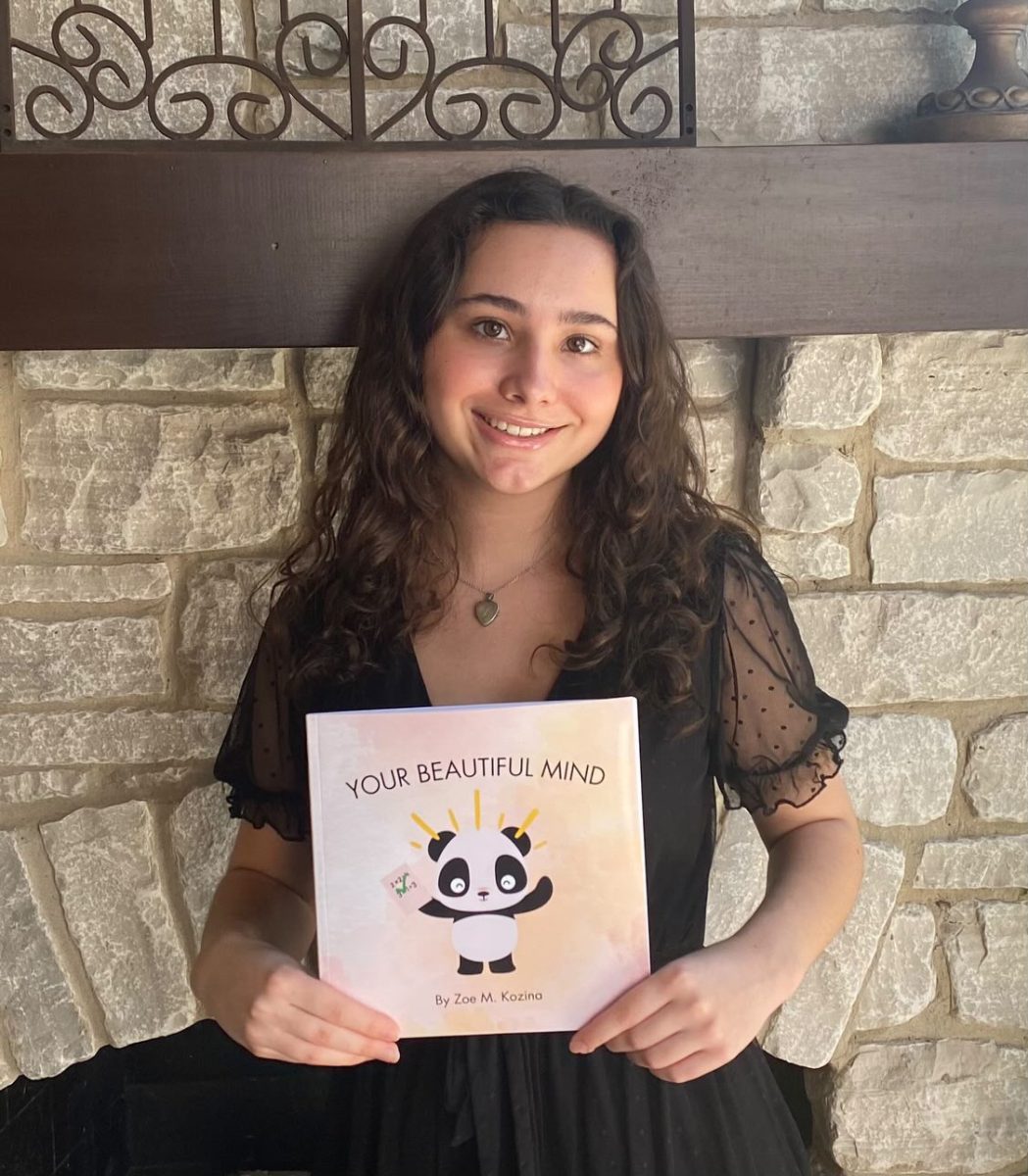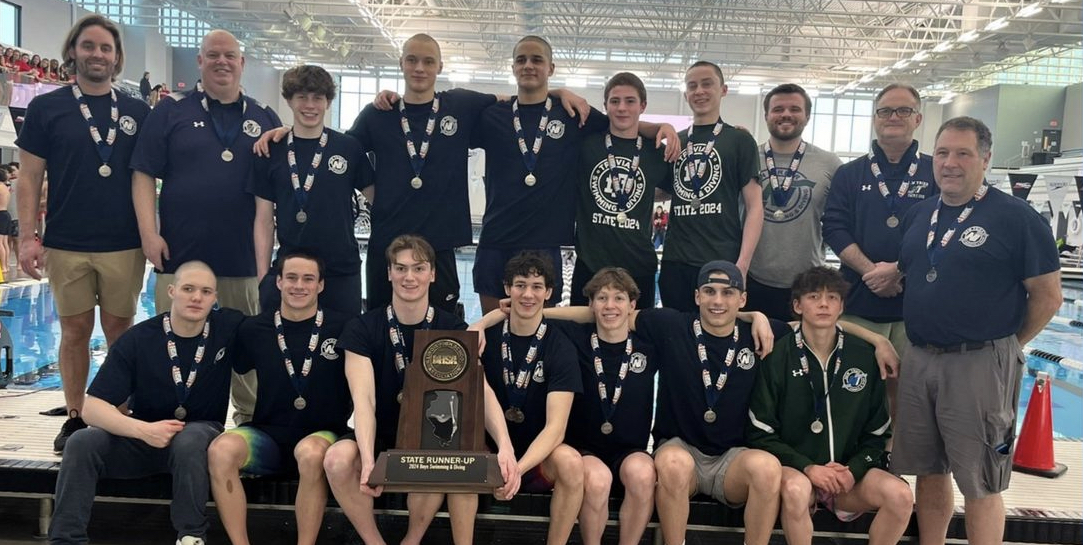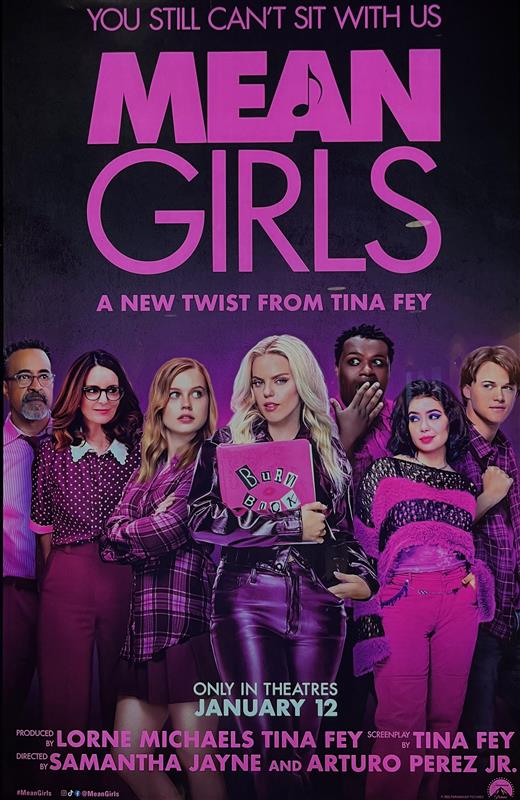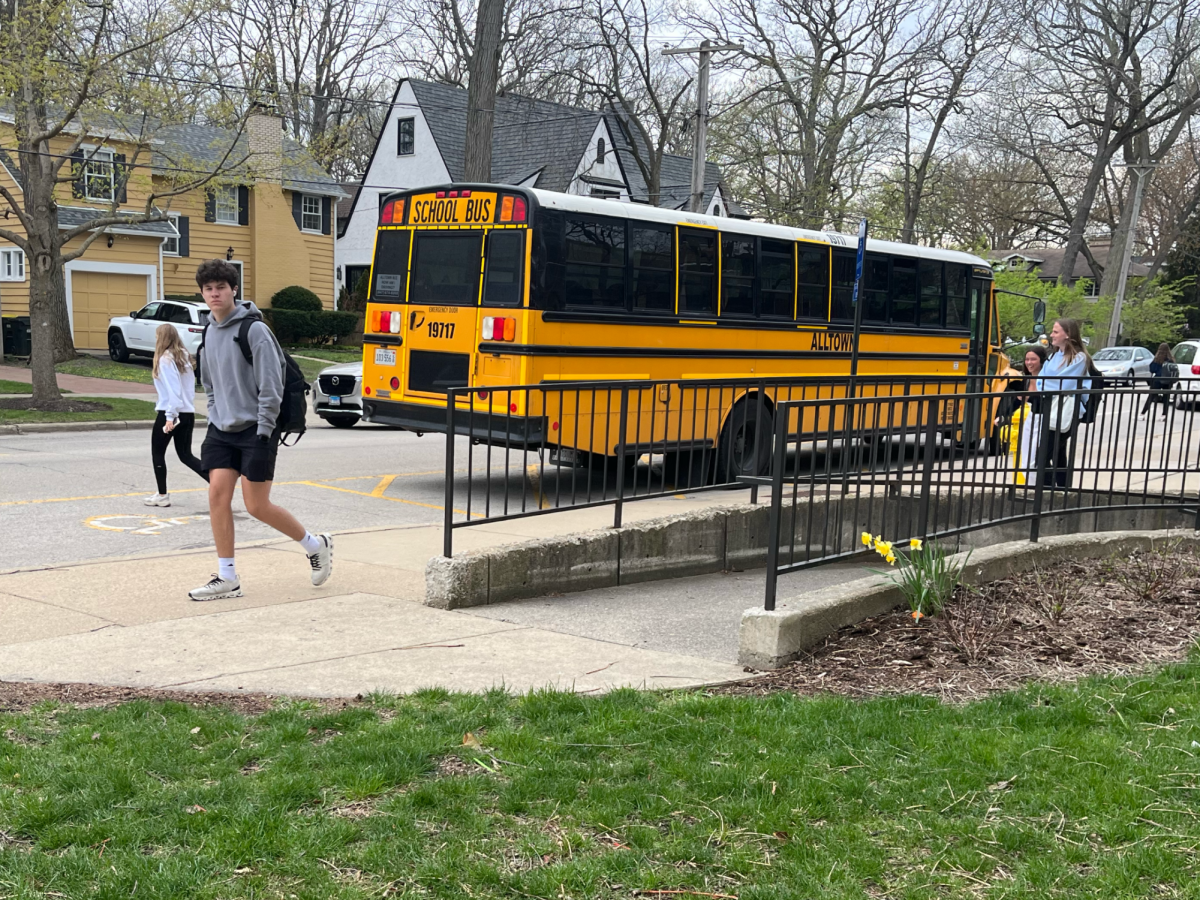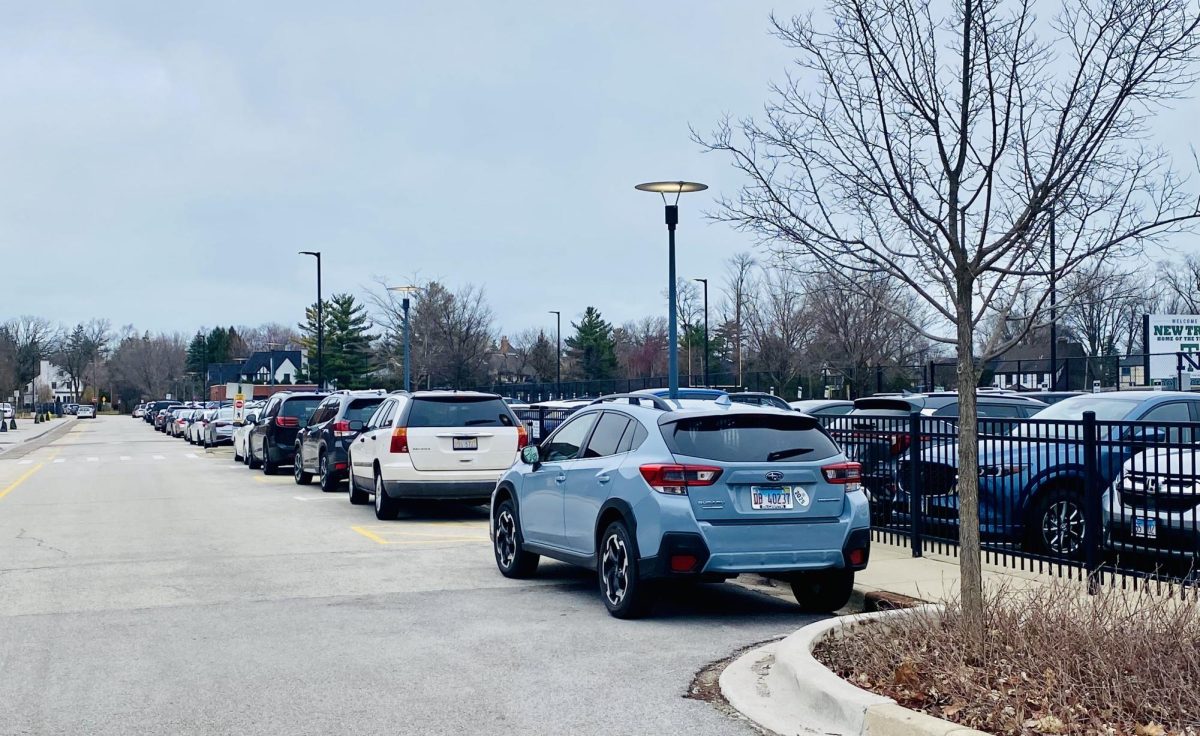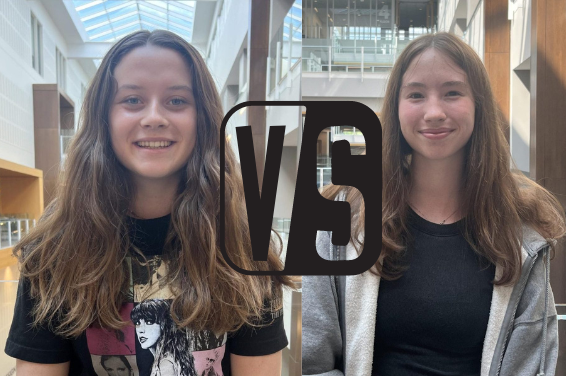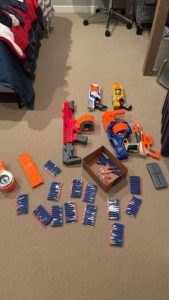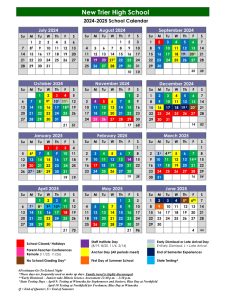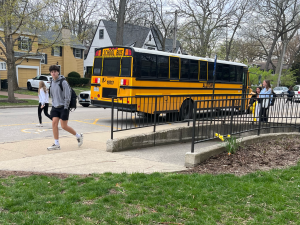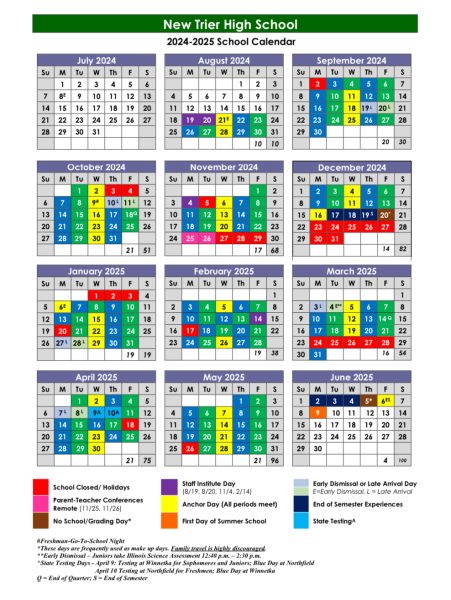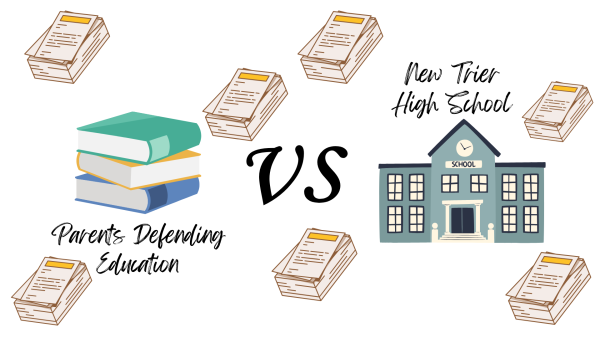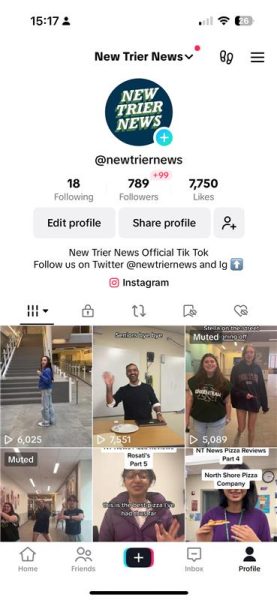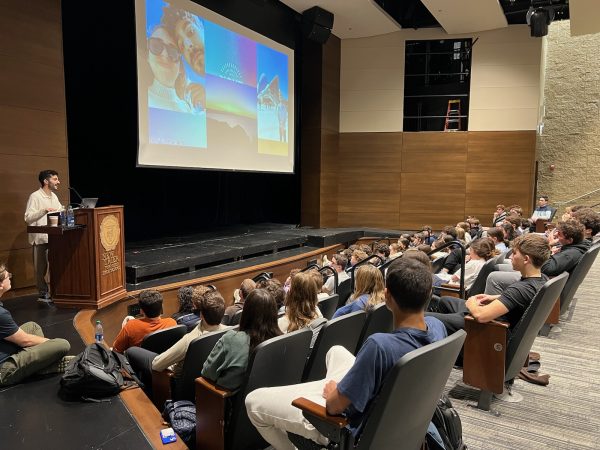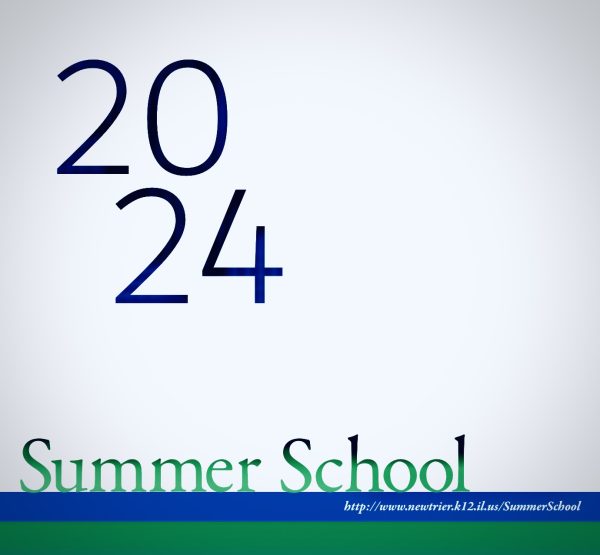Students open to Seminar Day but question structure
Students in support of day but suggest that actions speak louder than words
February 21, 2017
https://www.youtube.com/watch?v=7t5BxhxX4X4
The polarizing debate surrounding the second annual New Trier All-School Seminar Day has provoked strong reactions from community members and students.
On Feb 28, New Trier will hold an All-School Seminar Day themed “Understanding Today’s Struggle for Racial Civil Rights.” Administrators alongside a committee of teachers and students planned the day.
The All-School Seminar Day FAQ on the New Trier website explains the structure of the day, which will begin with keynotes by distinguished speakers.
Following the presentations, students will participate in a common lesson plan led by advisers, then break for workshops. At the end of the day, students will reconvene with their advisories for time to reflect.
Many students know that the New Trier community lacks diversity in race and class and does not reflect the national population. According to the Illinois Report Card by the Illinois State Board of Education, the New Trier student population is approximately 85% white, approximately 7% Asian, and approximately 4% Hispanic. African American, Native American, and multiracial students make up the remaining 4%.
Although students recognize such lack of diversity throughout the school, many feel that this sameness is normalized.
“Primarily, the North Shore is caucasian and well-off. But I think that a lot of people [around here] are not used to anything else. I don’t think we realize how much everyone looks the same,” senior Rani Mehta said.
Junior Adrian Ille expressed that he does not feel the need to think about race when he comes to school.
“I don’t see anybody different than me [at New Trier]. So when I look around, everyone’s kind of the same. There’s no reason for me to think of something that’s not there,” he said.
On the other hand, students of minority groups have expressed that their differences often contribute to feelings of discomfort and even isolation at New Trier.
Junior Remi Schreder said she almost continually thinks about her race and her differences when she comes to school.
“My race is at the forefront of my mind almost all the time that I’m at school. In most of my classes, I’m the only black person or sometimes the only non-white person. So when we discuss race or civil rights in class, I feel like it sometimes gets awkward or tense,” she said.
Junior Jason Paul agreed that such stark underrepresentation of minority races at New Trier creates feelings of isolation and even puts pressure on students of those groups.
“You feel like you’re the voice of a whole group of people. I get a lot of, ‘Oh, you’re the Asian friend.’ People feel like they have a perspective on something because they know you, but really they know one sample out of a whole group of people,” he said.
Although most students acknowledge the need to address these issues of race at New Trier, many do not feel the All-School Seminar Day will most effectively do that.
Some students criticized the focus on presentation rather than on action. “The more we talk about race, the more differences and divides we create. The differences we talk about create more differences,” Ille expressed.
Rather than a day of discussion, Ille among many others advocated for a day of activity. “The All-School Seminar Day” is trying to teach people about races that are not present at New Trier. They want students to learn about what goes on in other places. I think you can’t teach that, you have to experience that,” Ille said.
Even those who support the efforts of the All-School Seminar Day agreed that a direct approach would more effectively teach students issues of race. “Just talking about [these issues] won’t help kids gain empathy,” junior Jacob Levy said. He suggested that, for example, students spend the day working with an organization that combats gang violence in Chicago.
Students argue that the speakers and seminars do not seek to totally resolve the issues of race at New Trier. Rather, they seek simply to spark conversations and create awareness among students.
“[White students] can see things they normally don’t see, and they can see things from the points of view of students of color. It’s one day that they get the chance to be exposed to something new,” Schreder said.
Students who support the All-School Seminar Day emphasize the need for such discussions, although they may not lead to direct or total change.
“I get very upset when people are like, ‘My mom’s letting me skip that day,’ or ‘I’m gonna be sick that day,’ because I think that is the problem. The fact that you don’t need to go to this day because you don’t think it’s relevant to your life, I would say that that is ignorant,” Mehta said.
Neumann, who admitted that she did not attend the All-School Seminar Day last year, explained, “I’m going in with an open mind. I am hoping to get new experience, and as the New Trier motto says, ‘to commit minds to inquiry.’”

